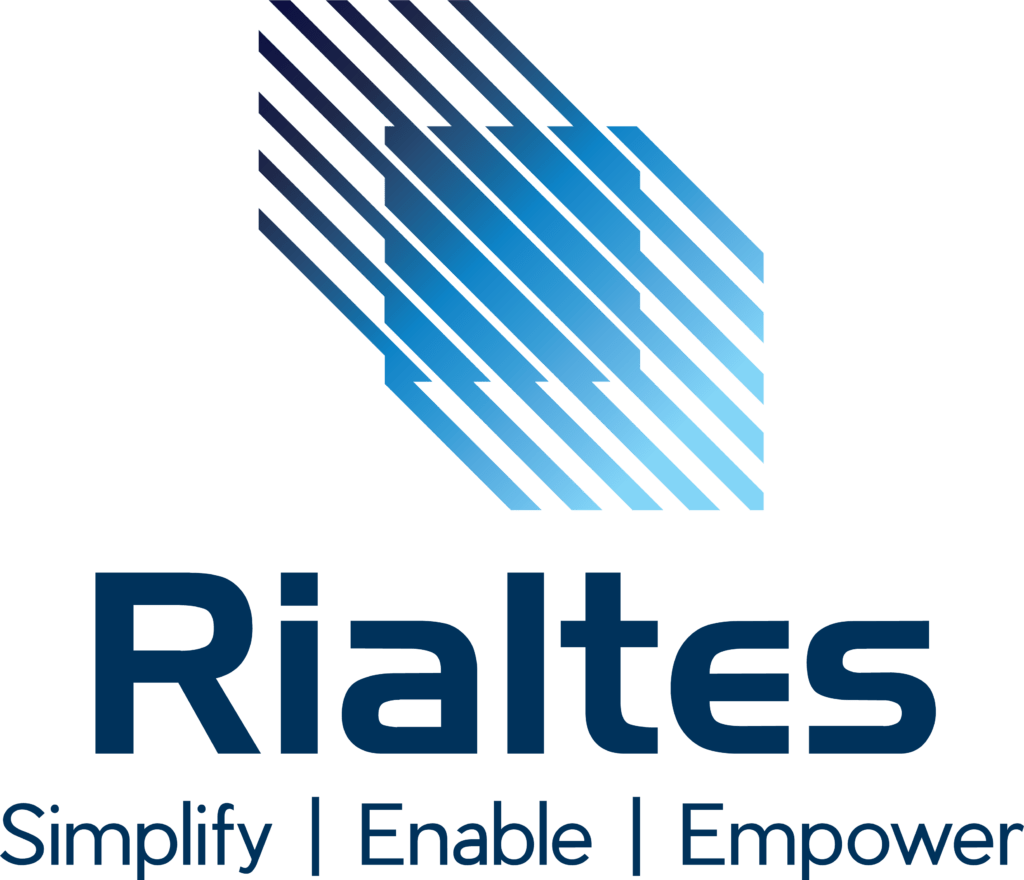Digital technology has become an integral part of daily life, it has been incorporated into all services and industries. It includes the integration of technology in education offering the world with EdTech services, and in the banking, sector providing digital banking services or neobanks. Apart from this, technology has been taking over all industries with the implementation of digital transformation, or Industry 4.0 in manufacturing.
As a recent adaptation of technology, the medical sector has also started to modify itself with digital technologies. But what exactly does it mean in the medical sector? With digital technology being implemented in the medical industry the entire process has been revolutionized, be it diagnosis, treatment, or prescription.
The nature of the healthcare need is evolving. People need a different form of healthcare than what healthcare institutions often provide due to patterns in population, disease, and demographics. The emphasis will shift from the curative care that predominated in the past to the preventative care that will be necessary for the future because of these trends. The end outcome will be a completely new type of healthcare that is both digital and individualized.
The empowerment of those who use healthcare services is a key driver of this development. Nowadays, people perceive themselves more as consumers than as patients. Especially in rising markets like the Middle East, individuals are more educated, wealthy, and middle class as a result. Compared to before, they are much more knowledgeable. They become more demanding and energetic as a result. They are prepared to look for the finest solution for their medical problems, which encourages healthcare providers to up their competition.
Involvement of digital technology
The major factor for the ongoing digital transformation in the healthcare industry is technological advancements in all industries, manufacturing, and Industry 4.0. And with major advancements going on in other sectors, it is necessary for the healthcare industry to make some changes and develop in terms of technological advancements, and to have a responsive, efficient healthcare and medical industry.
In the medical industry, most decisions are made based on the primary diagnosis of the patient, which directs the further course of action. For accurate primary diagnosis, and better course of treatment with the implementation of artificial intelligence (AI), the technology can be used to digitally train the machines for reading the test report, and image-based tests (CT scans, MRIs, X-rays) for better diagnosis and deciding the course of treatment. This process is especially useful in radiology and can make the testing process efficient, accelerating the speed of the entire treatment process.
Apart from this, AI can be implemented to improve clinical decisions, practice management, and educate primary care professionals. Implementing AI in these processes will enhance the accuracy of decisions made, and reduce the dependency on human medical professionals. This is a time-saving process, as the medical industry is very much time-efficient, it works on the same principle.
Moving on, another example of digital technology in the medical industry is health apps. It has become very common for people to use health apps either on their smartphones, or even smartwatches. These devices collect body vitals in real-time and keep a track of body activities, updating the user on their heart rate, SPO2 concentration, calories burnt, etc. these devices have also contributed to following a healthy lifestyle and having regular physical activities. These wearable devices and smartphones have made tracking the vitals very convenient and have also made people aware of these health factors.
Another aspect of health apps is online consulting apps, with these apps you can easily book a doctor’s appointment without needing to step outside of your house. It allows you to connect with the doctor either over a video or audio call or even by text. Once done with the consultation, the doctor then uploads the respective prescription which can be downloaded and used at a pharmacy.
Digital technology and digital health
Whenever the involvement of digital technology in the medical industry is discussed, the concept of digital health is mentioned without a doubt. The concept of digital health is not vastly different from normal health, it is described as digital health because of the involvement of digital technologies.
Digital health implements digital transformation in the healthcare industry using certain technological advancements such as the use of health apps, online consultation apps, electronic medical records (EMR), wearable devices, and personalized medicine. Since the outbreak of the covid-19, health institutions all across the globe have become aware and concerned about maintaining the digital health of individuals.
Wrapping up
Technology has always been a key player at all points when it comes to the medical industry the implementation of technology becomes even more crucial. Technological implementations and adaptations in the medical industry impact the well-being of all individuals as it scales up the entire healthcare industry and with the recent developments in the medical industry the healthcare industry services have benefited.
Application of AI, robotics, and other technologies, services such as telemedicine, health apps, and ERMs have been used by individuals for a better health perspective. All these processes have enhanced the process of diagnosis, prescription, and treatment in the healthcare sector for a better lifestyle. With digital health and digital technology in place, treatment and diagnosis of certain critical diseases have been made easy and convenient for both patients and medical professionals. It has further elevated primary medical care treatment by helping in education and awareness by leveraging digital technologies.





